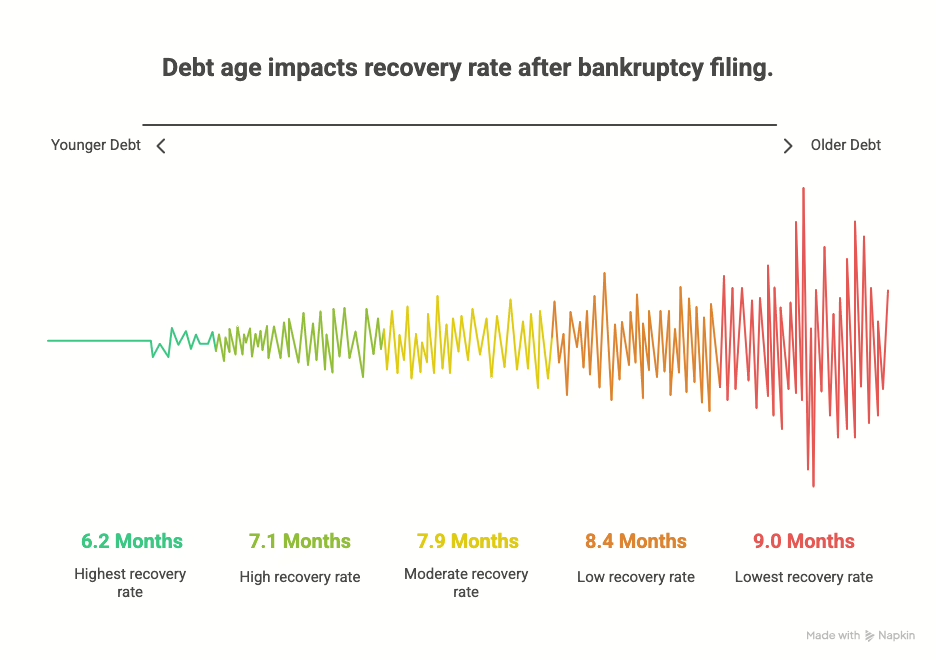When your company is involved in exporting, if the documents presented do not conform precisely to the terms of the letter of credit, your company may well have lost its right to receive payment. While your bank can request a waiver from the buyer, if the buyer balks, your company could be out of luck. Therefore, it is essential that you make sure there are no discrepancies between the export documents and the letter of credit. Be sure of obvious things, such as spelling of companies as they appear on the invoice–not as a DBA name which doesn’t appear elsewhere. Find out how long shipping will take. That way you can simply add 21 days as the latest date to present the documents. In addition, you should know the details of the International Commercial Term, as defined by the U.S. Chamber of Commerce
Export credit insurance is a form of protection for exporting firms against nonpayment of or refusal of shipments by customers abroad. Further, it can protect exporters from customers who become insolvent. For firms that are new to exporting, this form of insurance can be especially beneficial. It permits firms to establish themselves in an overseas market by mitigating certain risks,
while also being able to offer more competitive terms for potential buyers. It should also be noted that export credit insurance can be used as collateral when approaching banks for credit lines or extensions. This letter of credit is also known as a non-performing letter of credit and is usually in force for about one year to allow time for payments based on contractual guidelines. Non-performing letters of credit are often used also as assurance of payment for the buyer in international transactions such as the purchase of services or products. If the seller does not receive payment on time, the letter of credit is cashed on demand by the seller. This letter can be canceled when the terns of the contract have been satisfied on both sides. Commercial Collection Agency
Another Tip
Commercial Collection Topics
- Export Credit Insurance Defines what export credit insurance is and the benefits to the policy holder....
- Watch for Verbiage Consistency when Exporting When exporting, advises to ensure all verbiage is consistent to ensure payment. ...
- The Effect of Debt on Business Credit Business credit scores can come from consumer credit reporting agencies like Experian and Equifax, and firms like Fair Isaac Corporation...
- Get Business Credit without Personal Guarantee Discusses how to get a business line of credit without the owner's personal guarantee. ...










